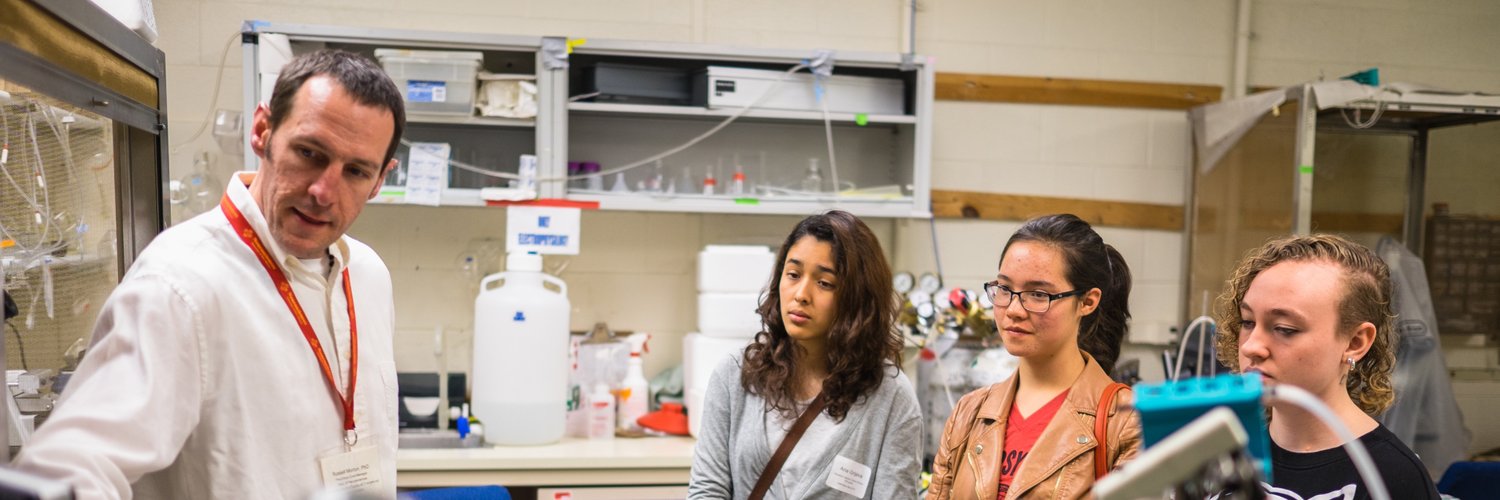Following a pandemic pause, The University of New Mexico Department of Neurosciences will resume in-person hosting of the New Mexico Brain Bee, a neuroscience competition for high school students.
Participants will have an opportunity to learn about brain science and compete for prizes, along with taking a tour of UNM Health Sciences research facilities. The competition’s first place winner will go on to compete in the National Brain Bee.
“It’s a unique opportunity for high school students to learn about neuroscience and learn about their own brains,” said Nicole Maphis, PhD, a postdoctoral fellow in the Neurosciences who is helping to organize the event. “It’s great to have on a high school resume or a college application.
It’s a unique opportunity for high school students to learn about neuroscience and learn about their own brains
The event is set for Saturday, March 18, from 9 a.m.-4 p.m. at Domenici Hall, adjacent to the UNM North Golf Course. Those interested in participating can register via NMBrainBee@gmail.com
The New Mexico Brain Bee started about 10 years ago, Maphis said. “This is something we have done every year except for the past three years due to COVID.”
It’s part of a worldwide network of competitions. National winners go on to compete against winners from other countries. This year’s national competition will be held at the University of California, Irvine, and the international event will be held in Paris.
Students who register for the Brain Bee study a comprehensive overview of brain function and anatomy viewable at BrainFacts.org. During the competition – which resembles a spelling bee format – they present oral and written answers to questions about what they have learned.
As part of the UNM event, participants will take a tour of the Neurosciences laboratories and take part in a Q&A session with graduate students, Maphis said. Win or lose, students gain a lot from the experience.
“They come to this and they say, ‘Wow that was really cool. I could do this. Or, ‘Could I work in your lab over the summer?’” Maphis said.
